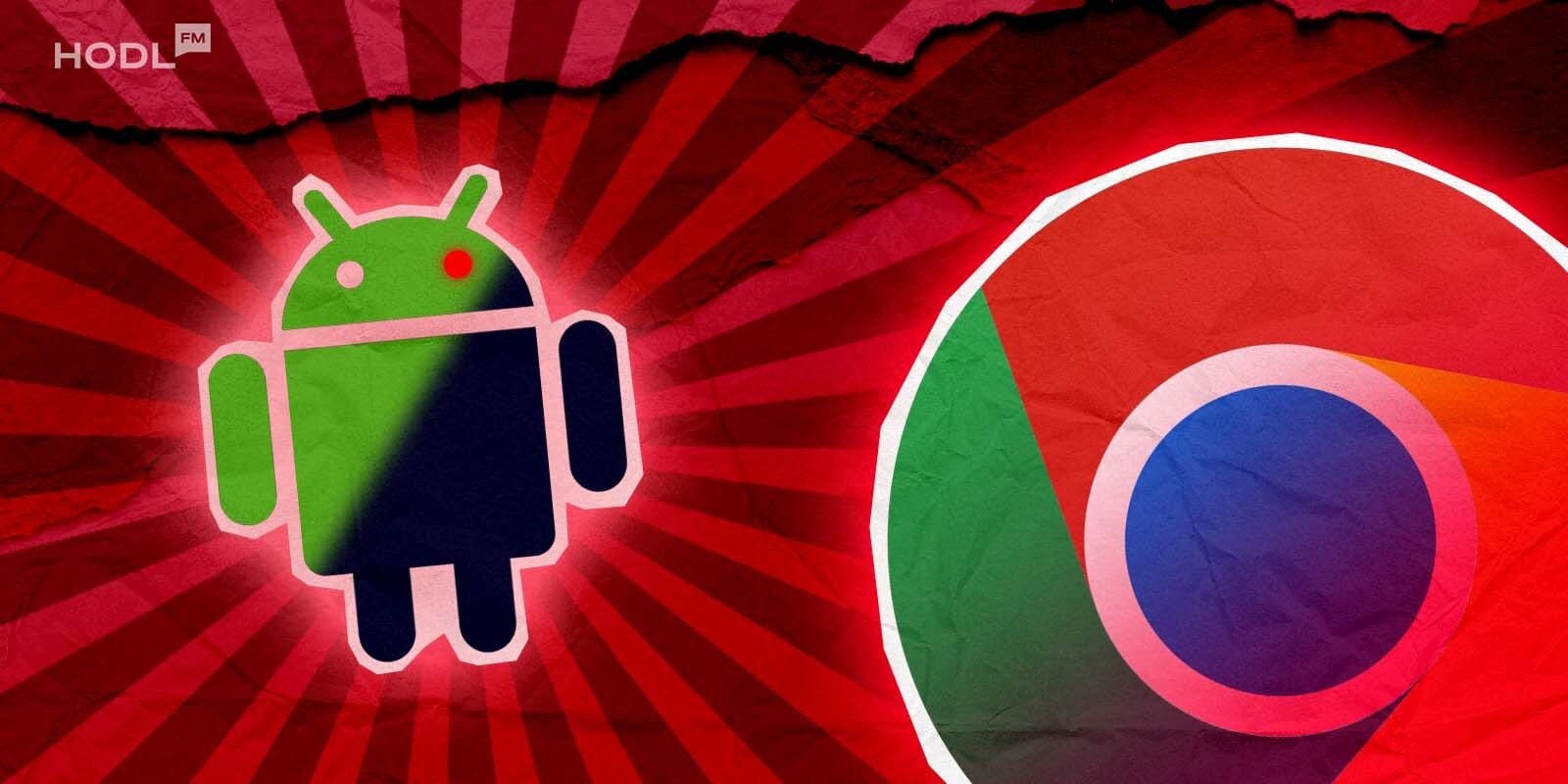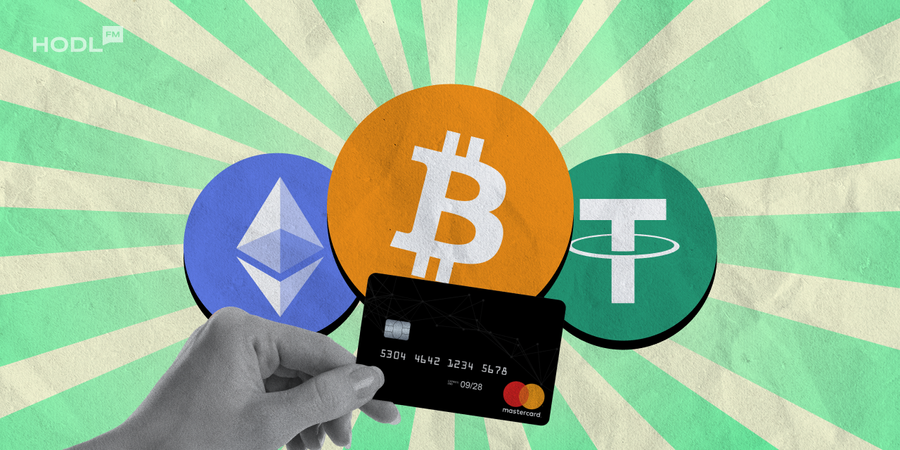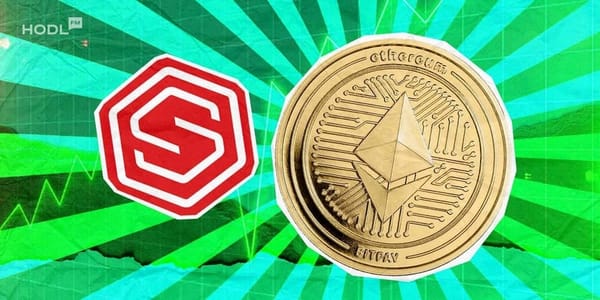When Mastercard moves, the payments world usually listens. And right now, the global giant is leaning hard into digital assets. Its latest move? A proprietary blockchain network aimed at settling transactions with stablecoins, starting with USDC in partnership with Circle. For a company that built its empire on swiping plastic, this pivot signals something bigger: stablecoins are no longer a crypto side hustle, they’re becoming the financial rails for global commerce.

From Swipe to Stablecoins
Mastercard’s new platform, rolled out across the Europe, Middle East, and Africa region, isn’t chasing Bitcoin headlines. Instead, it’s focused on stablecoins, the digital dollars and euros pegged to fiat currencies. Unlike Bitcoin, which can swing 10% in a day, USDC promises predictability. That’s what makes it useful for actual transactions rather than speculative bets. For merchants, banks, and consumers, it means faster settlement, lower costs, and fewer middlemen in the payment chain.
Mastercard isn’t alone in seeing this potential. Rival Visa has been busy extending its stablecoin footprint too, settling with multiple tokens, USDC, PYUSD, USDG, and EURC across chains like Ethereum, Solana, and Avalanche. By mid-2025, Visa had already facilitated over $225 million in stablecoin settlements. Mastercard’s move, then, isn’t just innovation; it’s competitive survival in a payments race that’s heating up.
Why Stablecoins and Not Bitcoin? Again
Let’s be clear: Mastercard is not suddenly turning into a crypto casino. The logic behind stablecoins is boring but brilliant. They behave like programmable cash. Stable in value, fast in movement, transparent on-chain. That’s exactly what corporate treasuries and global banks want. Reminding you of the recent effort of Mastercard to provide Plastic card solutions already. Volatile assets like Bitcoin might be fine for long-term bets, but no CFO is paying suppliers in a coin that could lose 12% before lunch.
This is why so many financial institutions are aligning around stablecoins. Deloitte recently outlined how tokenized dollars could enable faster settlement and lower transaction costs for banks and merchants. Meanwhile, industry comparisons show why stablecoins offer practical advantages over Bitcoin in payments: stability, regulatory comfort, and ease of integration.
A Quiet Arms Race
So is Mastercard late to the party? Not exactly. Its proprietary blockchain could give it an edge in control and integration, while Circle’s USDC provides credibility. Meanwhile, Visa’s multi-chain strategy shows how aggressively the incumbents are preparing for a world where dollars and euros move as tokens, not wire transfers.
Infrastructure is the key, and they know it better than anyone. Whoever builds the fastest, cheapest, most reliable global settlement network could end up controlling the next layer of the financial internet. Likely, Mastercard was careful to a point of expecting even bigger investments to appear on the horizon, as not far away, Blackrock launched its Tokenized Platform BUIDL. One of the biggest and massively impacting decisions the industry could see. Late or not, they had to get involved.

What It All Means
For crypto purists, this might feel like a sellout: the future of money being built not by decentralized rebels, but by the same card giants that take their cut at every checkout counter. But there’s irony here too. The very companies crypto was supposed to disrupt are now the ones pushing it into the mainstream. Mastercard’s bet is fully calculated. They don’t need Bitcoin to 10x; they need billions of transactions moving across their network every single day. If that future is powered by stablecoins and tokenized deposits, Mastercard’s already setting the tollbooths.

Disclaimer: All materials on this site are for informational purposes only. None of the material should be interpreted as investment advice. Please note that despite the nature of much of the material created and hosted on this website, HODL FM is not a financial reference resource, and the opinions of authors and other contributors are their own and should not be taken as financial advice. If you require advice. HODL FM strongly recommends contacting a qualified industry professional.





